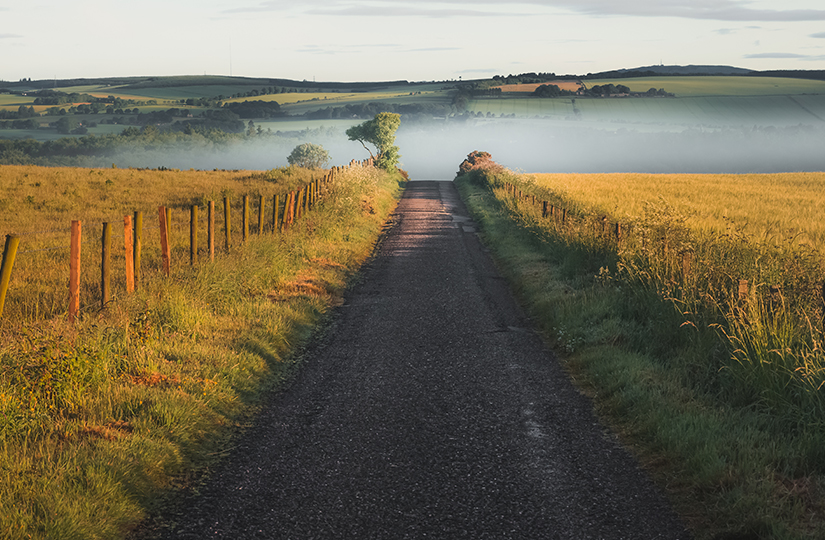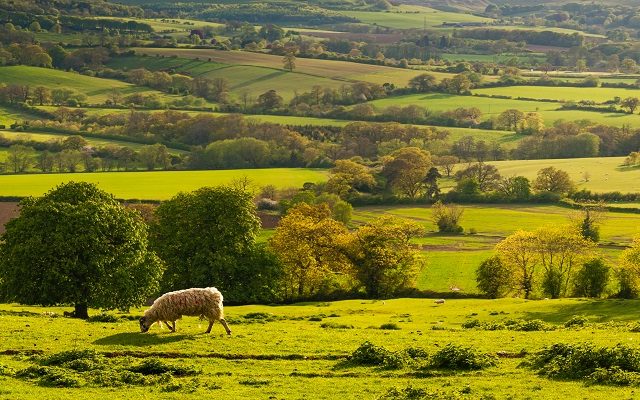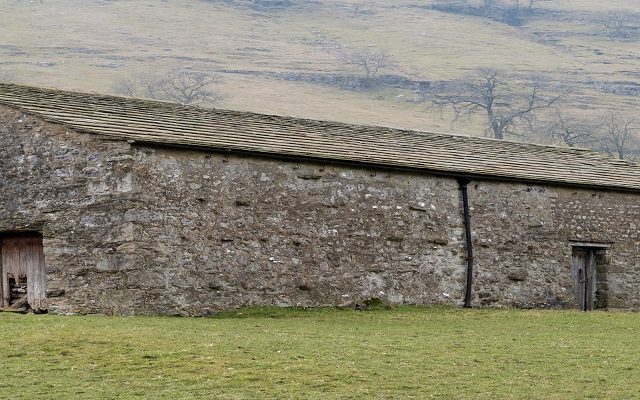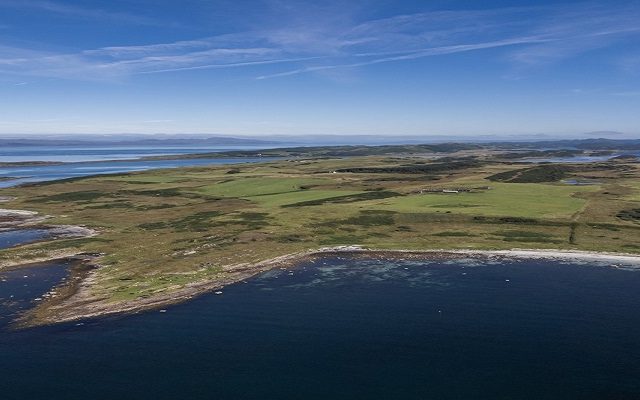Preparing for changes in farm support in Scotland
The situation farmers in Scotland face is different to their counterparts in England, where the phasing out of direct support payments begins later this year.
Although the UK has now officially stepped away from the Common Agricultural Policy (CAP), Scottish farmers are still waiting for details of what the future of agricultural support looks like and, for now, the Basic Payment Scheme rolls on.
The application window for the BPS scheme in Scotland opened on 15 March and the rules are virtually unchanged, with the exception of some greening amendments.
The crop diversification (2- and 3-crop rule) requirements have been removed for the 2021 scheme year and beyond.
For Scottish BPS purposes, cross-border businesses submitting a claim on land in Scotland can also only meet greening requirements on land located and claimed in Scotland.
Payment rates will stay at 2019 converged rates for the 2021 and 2022 claim years, with the likelihood of at least a further year after that (but possibly more).
FUTURE OF FARM SUPPORT IN SCOTLAND
So why is it that Scotland still does not have a definitive policy framework for the future of agricultural support?
With a much higher proportion of farmland classified as a Less Favoured Area (LFA) than in England, it appears that the Scottish Government is reluctant to make sweeping changes to support payments in the manner happening south of the border.
There is a fear that if production support is withdrawn from the hills and uplands altogether, the prospects for the rural economy over large swathes of the country would be bleak.
However, what we do know is that Fergus Ewing, Cabinet Secretary for rural economy and tourism, has spoken often about wanting to strike a balance between the need to reduce the carbon footprint of agriculture and maintain high quality food production.
He has also shared a vision for farmers and crofters playing a key role in managing Scotland’s environment and landscape, along with being part of the climate solution.
So while there are no firm details available of what this means in practice, it is clear that future policy will be underpinned by ambitious targets to reach net zero. As in England, there is also likely to be a focus on farmers delivering public benefits in return for public money through the management of natural capital.
PREPARING FOR THE FUTURE
In terms of what farming businesses can do to prepare for the changes that are coming, it does make sense for people to start thinking about the natural capital assets on their land holdings. It seems certain there will be opportunities to trade credits generated through carbon sequestration, as well as potentially generating new income sources from the provision of public goods like clean water and public access.
Linked to that, carbon auditing is something that business will be increasingly pushed towards. We are already seeing it being incentivised as a means of securing extra points on grant applications and it’s not impossible to envisage that it might become compulsory over time.
When it comes to applying for grant funding to help support the development of more sustainable and resilient farming businesses, unfortunately the options are relatively limited.
Other than a recent pilot for the Sustainable Agriculture Capital Grant Scheme (equivalent to small capital grant scheme in England) and a limited scope agri-environment round which closes in June, there has been little activity of late in terms of grant schemes. Budgets set for the various schemes in place over the most recent funding cycle have pretty much been spent.
While it is likely that some familiar schemes will be reinvented, it is not clear at present which ones and what the timescales might be.
In the meantime, our advice to farmers and landowners is to focus on improving technical and business performance and make sure they are in the right mindset to embrace change when details of what that change looks like finally emerge.






